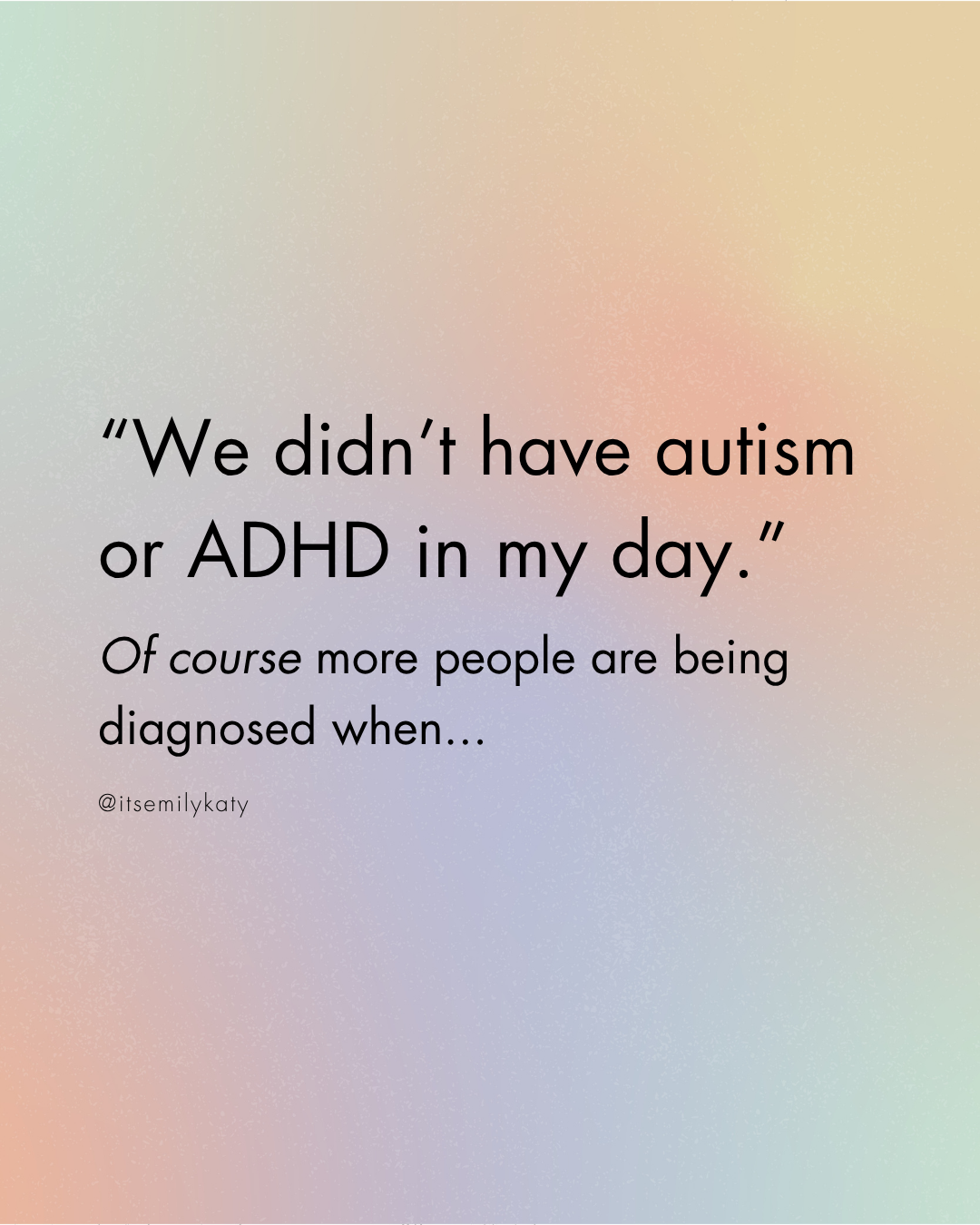Psychosocial risks (harmful work stress), such as burnout, workplace bullying, and exposure to trauma, are becoming increasingly serious issues for Australian workplaces. When employers fail to address these risks, the consequences can be devastating—not just for employees but for the organizations themselves.
Take the case of Ms. Kozarov, a Victorian prosecutor who worked with traumatic materials daily. Her employer failed to recognize the toll this work was taking on her mental health. She developed post-traumatic stress disorder and eventually sued her employer for failing to provide a safe workplace. The result? A payout of over $400,000 in damages.
In a recent case involving Cobar Management Pty Ltd and significant psychosocial risk violations highlights the urgent need for proactive workplace mental health strategies. Two accountants suffered psychological injuries due to excessive workloads, unclear roles, and time zone challenges.
Cobar entered an enforceable undertaking with over $1 million in commitments, including comprehensive surveys and psychometric testing.
This case underscores the importance of identifying and mitigating psychosocial hazards early.
Another example is Court Services Victoria, which faced legal action for exposing employees to high workloads, role conflict, and poor workplace relationships. These failures led to significant distress among workers and resulted in a payout of nearly $380,000. These cases highlight how ignoring psychosocial risks can lead to massive financial losses and reputational damage.
What Happens When Psychosocial Risks Are Ignored?
When psychosocial risks are left unmanaged, the consequences ripple through the organization:
- Increased absenteeism: Employees experiencing burnout or distress are more likely to take sick leave or resign.
- Reduced productivity: Stressed workers struggle to perform at their best, impacting overall business performance.
- Legal and financial penalties: As seen in the cases above, failing to address psychosocial hazards can result in costly lawsuits and fines.
- Reputational damage: Companies that neglect employee well-being risk losing trust among staff and customers.
Quantifying these costs reveals the scale of the problem. Unpaid overtime alone costs Australian workers $92.8 billion annually1. For businesses, this translates into higher turnover rates and recruitment costs, as well as potential legal payouts that can reach hundreds of thousands of dollars.
A Healthier Workplace Culture is Possible
Imagine a workplace where employees feel supported and valued—a culture where burnout is rare, and managers actively engage in preventing psychosocial risks. In such an environment:
- Employees are more productive and motivated.
- Absenteeism drops as workers feel mentally and physically healthier.
- Legal risks are minimized because proactive measures are in place.
- The organization builds a reputation as an employer of choice, attracting top talent.
By fostering a culture that prioritizes mental health and well-being, businesses can not only avoid costly legal battles but also unlock greater potential from their workforce.
How to Solve the Problem
Addressing psychosocial risks requires a proactive approach:
- Identify hazards: Conduct regular assessments to uncover issues like high workloads, poor role clarity, or bullying.
- Implement control measures: Use evidence-based strategies such as job redesign, clear communication channels, and mental health support programs.
- Train managers: Equip leaders with the skills to recognize signs of burnout or distress and engage in meaningful conversations with employees.
- Monitor progress: Continuously review workplace practices and adjust strategies based on employee feedback.
These steps align with new regulations across Australia that require employers to actively manage psychosocial risks.
How I Can Help You
I offer tailored solutions to help organizations tackle psychosocial risks effectively:
- Keynote presentations: GREAT TEAMS CARE: Reducing your team’s psychosocial risk (harmful work stress).
- Workshops: Interactive sessions that equip teams with practical tools for fostering a healthier workplace culture.
- WeCARE365 Award-winning eLearning programs: Online courses designed to turn knowledge into actionable strategies for preventing burnout and distress.
With my expertise, your organization can create a safer, more productive environment while staying ahead of legal obligations.










